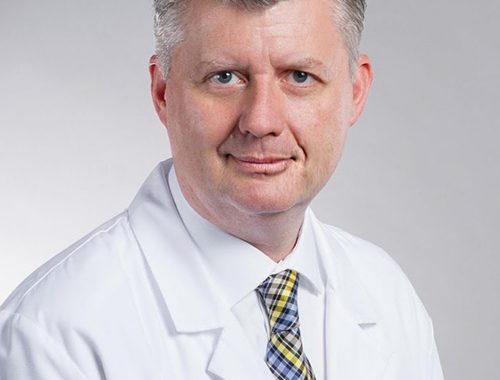It’s no secret that Americans use a lot of medications. Chances are that your parent’s nightstand, TV table, bathroom cabinet, and kitchen are all occupied by bottles of pills. You’re probably thinking, “All these pills can’t be good…” and you would be correct, it isn’t good. Too many medications, which physicians call “Polypharmacy” (poly=many, pharmacy=medications) creates a whole bunch of potential medical problems that add too, rather than cure, patient’s medical issues. First, the more […]
Continue readingAuthor Archive: NetCetra Admin
“There is nothing so deceptive as an obvious fact.” Sherlock Holmes
What did Sherlock mean when he said that? He meant that it is human nature to want to arrive at answers quickly and easily, and then stop looking for the correct answer. When a crime has been committed, the easiest and most tempting thing to do is accuse the person who looks like a criminal, or who has a previous criminal record. As Sherlock says, the fact that this appears to be the obvious solution […]
Continue readingWhat’s the deal with “Omicron.”
No, it’s not another conspiracy. Omicron is the 14th letter of the Greek alphabet, and the different variants of the COVID virus are now being named with Greek letters, in the same way that hurricanes are named alphabetically. (2021 hurricane list of names: Ana, Bill, Claudette, Danny, Elsa, etc). Why the Greek alphabet? Why were Nu and Xi skipped? The Greek alphabet was selected because it is neutral, it doesn’t carry the emotional or political baggage of destination names (examples […]
Continue readingI Think Mom was in the Navy…Is that Important?
Yes, it’s very important, for several reasons. Obviously, a veteran’s service should be acknowledged, but there are practical issues that are of immediate importance to you and your caring for a veteran. Honorably discharged veterans are entitled to benefits from the Veterans Administration including healthcare, funeral expenses, money for home aids, many discounts and free services, and possibly disability payments. Veterans may have injuries (physical or mental) that have not been suspected or acknowledged by […]
Continue readingWhat happens if Mom or Dad insists on Leaving the SNF?
Nobody wants to be in rehab. But that doesn’t mean that rehab isn’t necessary sometimes, and it doesn’t mean that rehab is bad. It just means that people value their privacy (which isn’t available in SNFs), and they want to be in their own homes. It’s normal. So I view this in three categories: People who want to leave, and are able to care for themselves. People who want to leave but cannot physically care […]
Continue readingWhat Happens (Or SHOULD Happen) When Mom Goes to Rehab?
The days of holding patients in a hospital until they are cured are long gone. Patients are now discharged when they are “stable,” meaning that they are not actively dying. But stable, and able to go home are not the same thing. Frequently, patients are too weak to take care of themselves at home, or are not mentally capable of living alone. In those cases, patients are sent to a “Skilled Nursing Facility” (SNF) aka […]
Continue readingPill bottles. Everywhere.
It’s a common sight for those taking care of their parents. But why do older patients have so many pills? It’s not a benign thing either—tens of thousands of elders are sickened or die from drug overdoses, side effects, and interactions every year. So how did mom and dad accumulate all of these drugs, and how do they keep them straight? Well the answer to the second question is easier so we’ll start with that […]
Continue readingWhy do we call the website “Reverse Parenting”?
As a doctor who specializes in the care of older adults I speak regularly with the children of my patients. I noticed as I gave them advice and support, that there was no word that describes the special group of people who provide support and care for their own parents. “Caregiver” doesn’t properly encapsulate their unique position—after all, anyone can be a caregiver, but children who provide care to their parents have experiences that are […]
Continue readingBilingualism and dementia: how some patients lose their second language and rediscover their first
For many people with dementia, memories of early childhood appear more vivid than their fragile sense of the present. But what happens when the present is experienced through a different language than the one spoken in childhood? And how might careers and care homes cope with the additional level of complexity in looking after bilingual people living with dementia? This is not just relevant for people living with dementia and those who care for them. […]
Continue readingIf the FDA approves Biogen’s Alzheimer’s treatment, I won’t prescribe it
I’ve been saying that for the past 18 years. The few drug treatments I do prescribe are only modestly effective in easing the disease’s cognitive problems. None of them slow its relentless chipping away at individuals’ ability to control their lives or their caregivers’ steady accumulation of commitments of time and task. So you might think that I’m among those hoping the FDA will approve aducanumab, an experimental Alzheimer’s drug developed by Biogen, a decision […]
Continue reading





